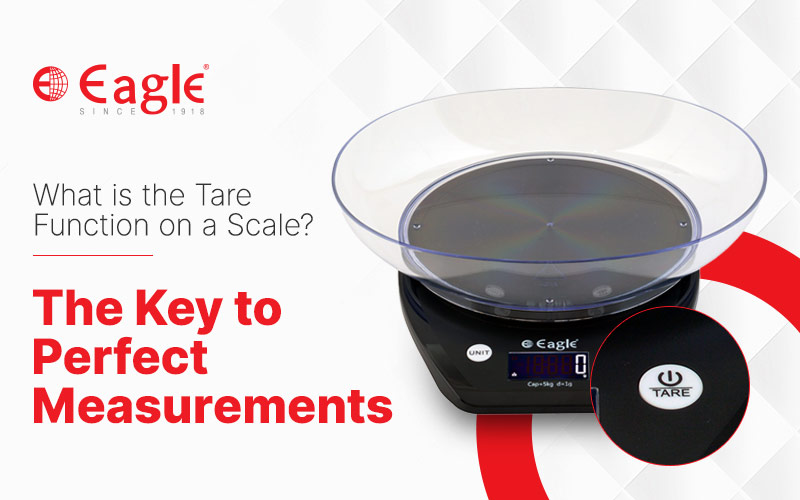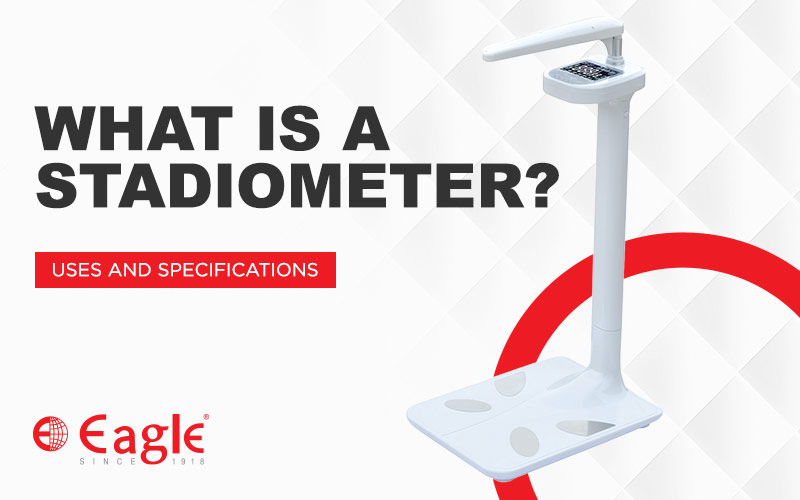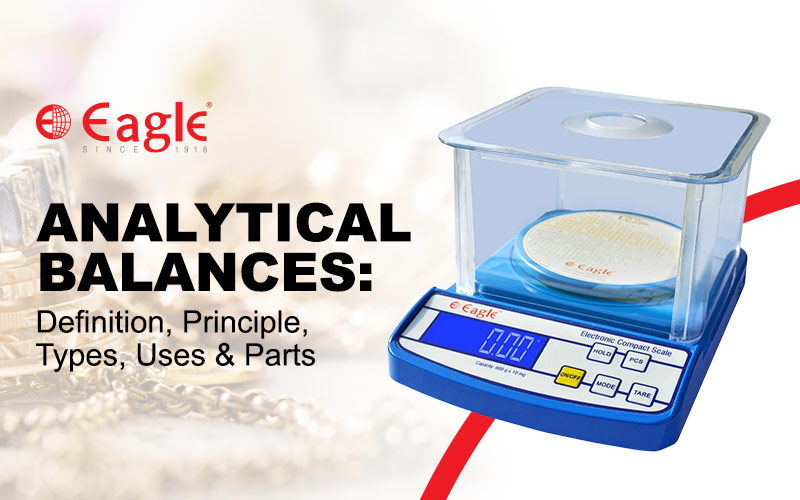
Force Sensor: Types, Working Principle, Uses, & Application
Force sensors are a much more integral part of our everyday lives than we give them credit for. These devices are used in everything from weighing scales to medical appliances to a wide range of industrial machinery. The main role of a force sensor in most applications is to convert the mechanical force applied to […]

What is a Checkweigher? Definition, Uses, and Principles
How do manufacturers ensure that every packet of chips, every bottle of medicine, and even entire pallets of goods meet precise weight requirements? Checkweigher, a machine that verifies weights in real time, makes this possible. But how exactly do they work, and why are they essential across industries like food processing, pharmaceuticals, and logistics? This […]

Weighing Scale: Calibration Vs Stamping
Calibration Calibration ensures that the weighing scale provides accurate readings according to a set standard. During calibration, a technician adjusts the scale to eliminate any errors by comparing its readings with certified reference weights. Calibration is typically performed as part of regular maintenance or after any repairs. It helps keep the scale’s accuracy within acceptable limits, […]

Zero vs. Tare: Key Differences Explained
Zero and Tare are two essential buttons you will often find on your digital scales. Do they mean the same? You can use them interchangeably, right? Well, the short answer is no. Though they both sound pretty similar, the difference is real and one to make note of. Don’t worry—you are alone if you have […]

What is the Tare Function on a Scale? The Key to Perfect Measurements
Imagine baking your favorite chocolate chip cookies using a digital scale. The recipe calls for 200 grams of flour, but you don’t want to measure it directly because the flour will create a mess. So you grab a bowl, place it on the scale, and the display shows the weight of the bowl. But you […]

What is a Stadiometer? Uses and Specifications
Stadiometer is an important tool in medical settings that can give you an accurate estimation of a person’s height. This easy-to-use tool gives physicians a way to quickly assess the height of an individual while planning for their treatment. These vital instruments can not only increase the height measurement accuracy but they also make the […]

Calibration of Weighing Balance: Importance and Procedure
Weighing balances need regular calibration if they are to provide you with accurate and consistent readings. Without calibration, the readings you take from a weighing scale are always uncertain and that can significantly affect your quality of work in industries like material research, clinical research, manufacturing, and chemical analysis. This blog sheds some light on […]

Lab Balances: Uses of Weighing Balances in Laboratory
Weighing balances find numerous applications in laboratory settings where they aid scientists and researchers in accurate mass measurements for several use cases. Specifically, the precision and analytical lab balances allow the laboratory workers to maintain high measurement accuracy and thus obtain reliable test results every single time. The highly sensitive and precise work being done […]

Analytical Balances: Definition, Principle, Types, Uses & Parts
Analytical balances belong to a class of very sophisticated and precise measuring devices. These highly sensitive instruments find countless applications in research centers and laboratories. These balances are extremely reliable for measuring the mass/weight of very small objects both in solid and liquid forms. This has made them popular in a variety of fields including […]

Weighing Scales in the Food Industry: Compliance and Quality Control
The dynamic landscape of the food industry calls for complete compliance and quality control to ensure the safety and integrity of the food items that make it to our eating tables. Weighing scales are among the most important and primary tools that play a key role in maintaining high standards and quality in the food […]



